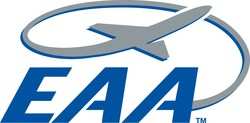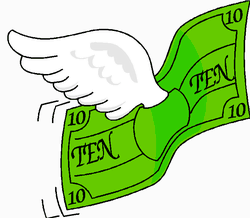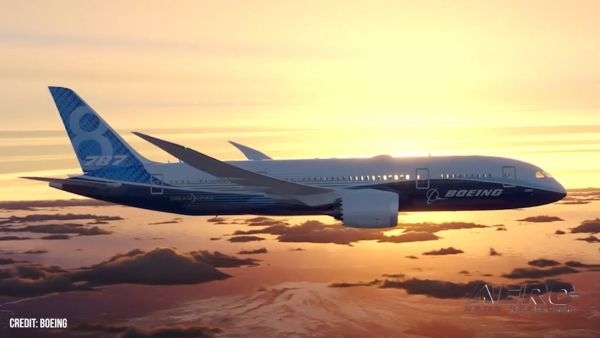Tue, Feb 06, 2007
 What the Experimental Aircraft
Association (EAA) and other general aviation groups had been
predicting for months became fact today, as user fees were a
centerpiece of the Fiscal Year 2008 budget request from the U.S.
Department of Transportation and the Federal Aviation
Administration.
What the Experimental Aircraft
Association (EAA) and other general aviation groups had been
predicting for months became fact today, as user fees were a
centerpiece of the Fiscal Year 2008 budget request from the U.S.
Department of Transportation and the Federal Aviation
Administration.
EAA immediately reiterated its strong opposition to any user
fees, as the budget proposal includes the framework to establish a
user-fee program for various aviation services; a nearly four-fold
increase in the fuel tax paid by general aviation operators (avgas
and autogas); and a series of fees for access to the nation's
busiest airports. It would also transfer control of agency funding
and oversight away from Congress and dramatically reduce public
control of how the FAA exercises its discretionary spending.
"DOT and FAA have attempted to distract from the user fee issue in
their public statements by saying that revenue from general
aviation would continue to be collected via a fuel tax, but they
failed to acknowledge that the fuel tax would be increased
dramatically and a whole series of user fees would be implemented
for FAA services that today do not carry a charge," said Doug
Macnair, EAA Vice-President of Government Relations.
 "EAA remains categorically opposed
to user fees. Such a system will not enhance safety, it will not
improve services, and it will add barriers for thousands of
recreational aviators while being a costly burden to the federal
government."
"EAA remains categorically opposed
to user fees. Such a system will not enhance safety, it will not
improve services, and it will add barriers for thousands of
recreational aviators while being a costly burden to the federal
government."
The budget proposal calls for increased and or the establishment
of fees for aircraft certification and registration, as well as
appointment and designation of designees such as those used to
certificate amateur-built aircraft and light sport aircraft, and
airman medical certificates.
While EAA has strong indications of what the Bush Administration
is proposing, the details of the new user fee and tax hike
proposals will become publicly available when the FAA
reauthorization bill is submitted to Congress in mid-February. EAA
and the other general aviation groups will continue to fight this
effort to burden individual aircraft owners with this new
expense.
"It is an ironic twist that while DOT Secretary (Mary) Peters
said the budget proposal as a whole will 'help get our freedom
back' in the nation's transportation infrastructure, it severely
threatens the freedom of our country's general aviation community,"
Macnair said.
More News
From 2014 (YouTube Version): Innovative Aerodynamic Technologies Produce Game-Changing Results At the NBAA 2013 convention, ANN CEO and Editor-In-Chief, Jim Campbell had a chance t>[...]
“This plan opens insurance options to a much wider variety of Canadian aviators across the country who have otherwise had more challenges with securing insurance coverage... >[...]
Taxi The movement of an airplane under its own power on the surface of an airport (14 CFR section 135.100 [Note]). Also, it describes the surface movement of helicopters equipped w>[...]
Aero Linx: The Vertical Flight Society (VFS) The Vertical Flight Society, formerly the American Helicopter Society, is the non-profit technical society for the advancement of verti>[...]
Also: Sustainable Aircraft Test Put Aside, More Falcon 9 Ops, Wyoming ANG Rescue, Oreo Cookie Into Orbit Joby Aviation has reason to celebrate, recently completing its first full t>[...]
 Classic Aero-TV: Active Winglets -- Tamarack Aerospace Partners with Cessna
Classic Aero-TV: Active Winglets -- Tamarack Aerospace Partners with Cessna Aero-News: Quote of the Day (05.03.25)
Aero-News: Quote of the Day (05.03.25) ANN's Daily Aero-Term (05.03.25): Taxi
ANN's Daily Aero-Term (05.03.25): Taxi ANN's Daily Aero-Linx (05.03.25)
ANN's Daily Aero-Linx (05.03.25) Airborne 05.02.25: Joby Crewed Milestone, Diamond Club, Canadian Pilot Insurance
Airborne 05.02.25: Joby Crewed Milestone, Diamond Club, Canadian Pilot Insurance




